
Previously, the child had a fever and was treated at home for two days. He then went to a clinic near his home and was diagnosed with pharyngitis. He took medication for three days but did not improve. His condition became worse, with abdominal pain, vomiting, diarrhea, and nosebleeds.
At the frontline hospital, the child was diagnosed with severe shock, blood concentration, platelet count decreased 5-6 times, liver enzymes increased 5 times, and rapid pulse. Despite active anti-shock treatment, the child's condition did not improve, and he was transferred to Children's Hospital 2.
Upon admission, the child had respiratory failure and was given oxygen support and high molecular weight fluids. The child's health is now stable and he continues to be closely monitored in the Infectious Intensive Care Unit.
Dr. Do Chau Viet, Head of the Intensive Care Unit for Infectious Diseases, said that since the beginning of the year, the unit has received many severe dengue fever cases, especially in children who are overweight or have underlying diseases. The upcoming rainy season may cause the number of cases to increase.
Doctors warn parents to monitor early for signs: persistent high fever, headache, nausea, loss of appetite, muscle and joint pain, pain in the eye socket, nosebleeds, gums, rash, subcutaneous bleeding. When symptoms become more severe such as: restlessness, severe abdominal pain, frequent vomiting, severe bleeding, cold and clammy hands and feet, skin rash, little urination, labored breathing... the child should be taken to the hospital immediately.
Source: https://www.sggp.org.vn/cuu-song-benh-nhi-bi-soc-sot-xuat-huyet-nguy-kich-post793802.html







![[Photo] President Luong Cuong and Sri Lankan President Anura Kumara Dissanayaka visit President Ho Chi Minh relic site](https://vstatic.vietnam.vn/vietnam/resource/IMAGE/2025/5/5/0ff75a6ffec545cf8f9538e2c1f7f87a)

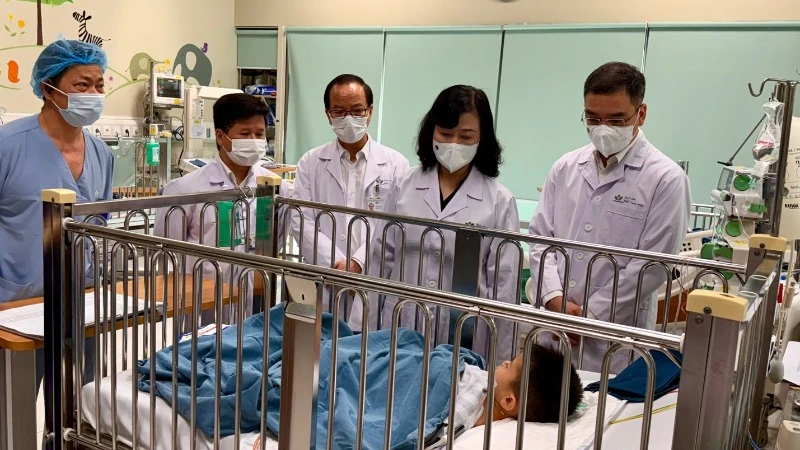













![[Photo] President Luong Cuong presided over the welcoming ceremony and held talks with Sri Lankan President Anura Kumara Dissanayaka](https://vstatic.vietnam.vn/vietnam/resource/IMAGE/2025/5/5/bbb34e48c0194f2e81f59748df3f21c7)






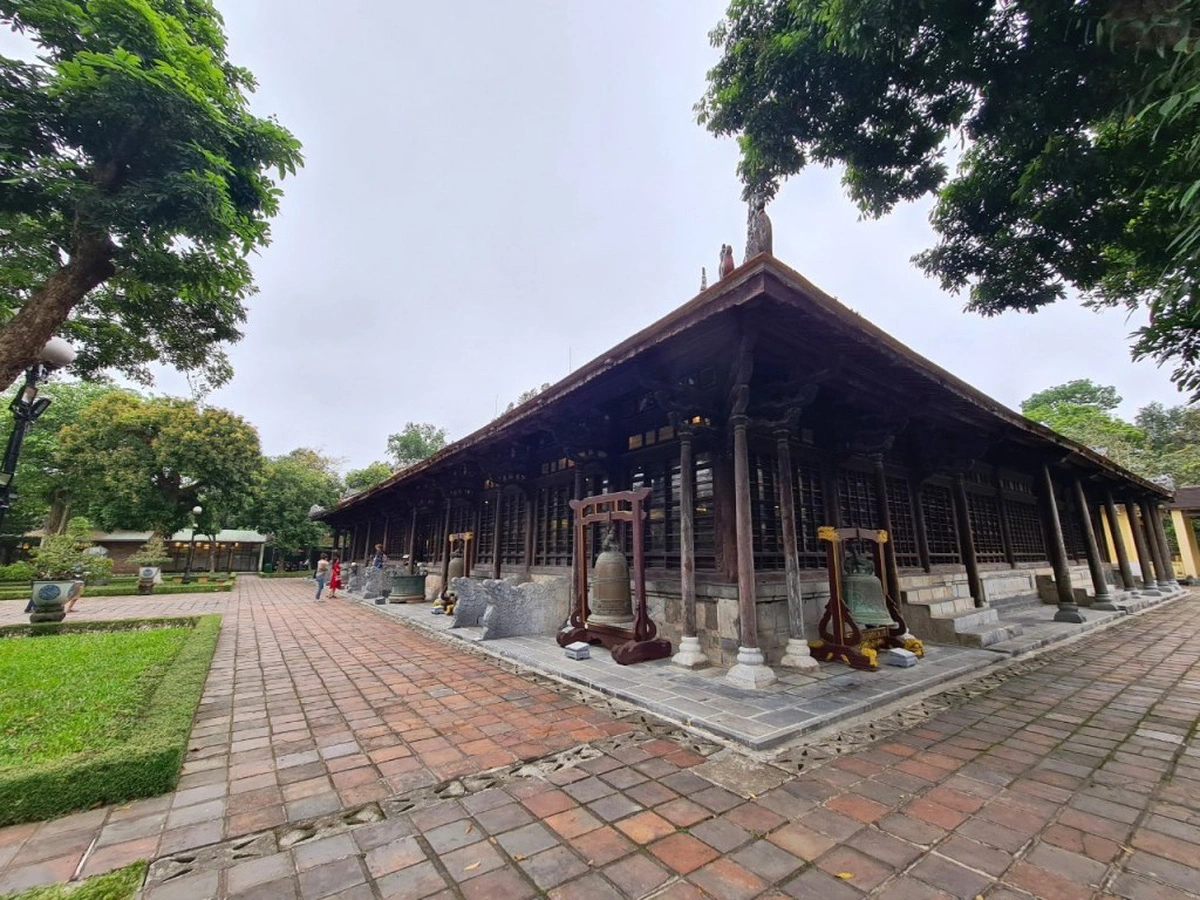









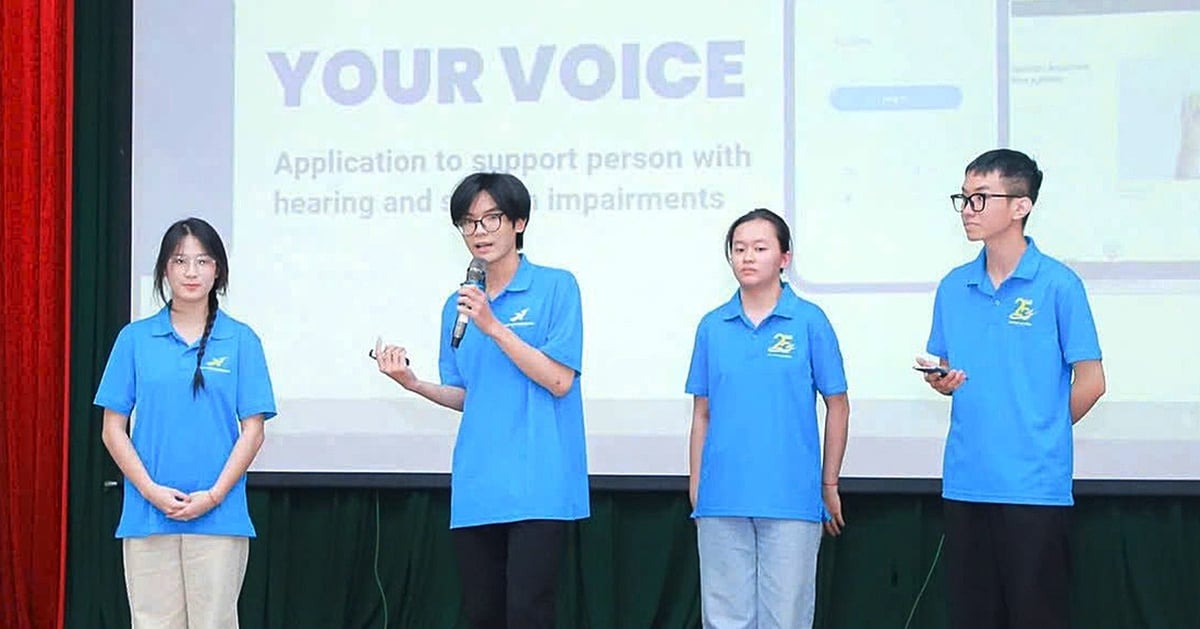


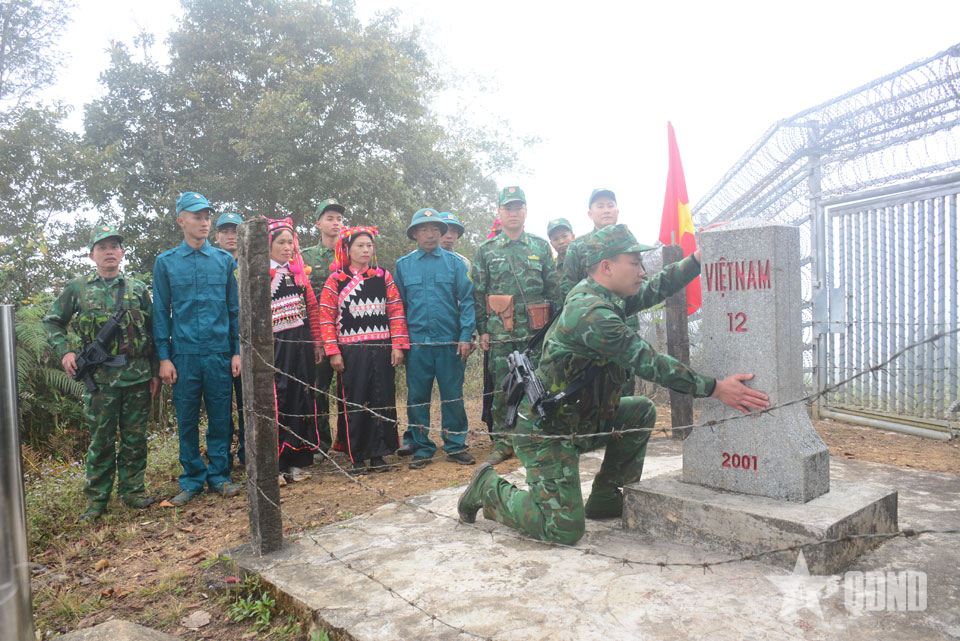





































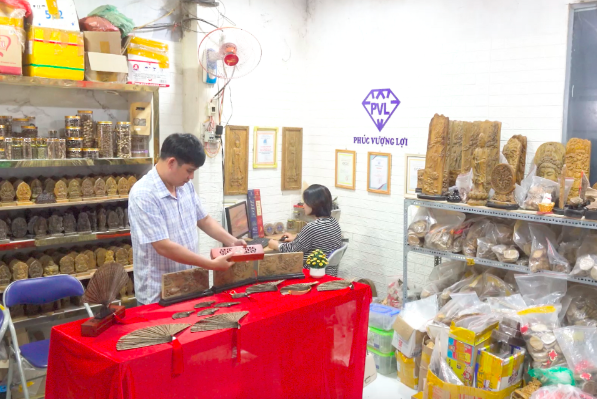



Comment (0)